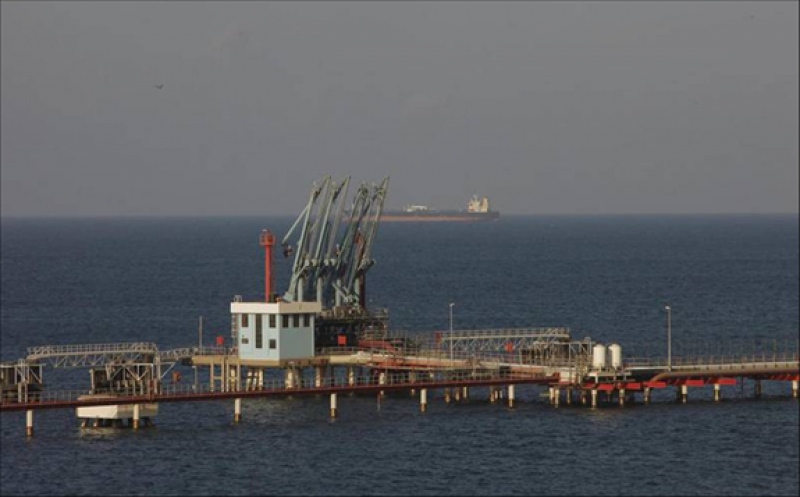Anglo-Dutch oil major Shell said on Tuesday it could resume work in Libya, after a meeting with the country's state-run National Oil Corporation.

"The meeting discussed the possibility of Shell’s contribution to the development of fields in Libya, as well as increasing its activity in marketing and developing refineries," NOC said on its website.
A delegation from Shell met NOC chairman Mustafa Sanalla to discuss the possibility of a return to exploratory work, investment, transfer of expertise, development of human resources, refinery development, renewable energy projects and assistance in increasing the country's oil storage capacity.
Libya is North Africa’s second-largest oil producer but crude production and exploration were disrupted after a blockade was imposed by warring political factions last year. The eight-month long oil export blockade, which lifted last September, has reportedly cost the country about $11 billion in lost fiscal revenue, according to estimates provided by the Central Bank of Libya.
Libyan oil production has since staged an impressive return, with output reaching 1.16 million barrels per day in June, according to Opec secondary sources. The country's production averaged 367,000 bpd in 2020, largely thanks to restrictions in place owing to the force majeure.
The country is close to reclaiming production lost during years of conflict that followed the downfall of Muammar Qaddafi in 2011. Production, which stood at about 1.75 million barrels per day, fell by 850,000 bpd in the years that followed as protests and blockades prevented the export of crude oil through the country’s key ports.
Libya needs foreign investment to develop its hydrocarbon fields, known for their light, sweet type of crude.
In an interview with The National in 2018, Mr Sanalla said the country needed $60bn to develop its upstream and downstream sectors amid plans to raise its refining capacity to 1 million bpd.
Libya's reviving upstream fortunes are expected to give a fillip to the country's growth this year.
Gross domestic product is expected to rise by 67 per cent this year because of higher oil prices, according to the World Bank.
Earlier this year, the International Monetary Fund cited an 88 per cent decline in Libya's fiscal breakeven price of oil to $48.8 per barrel as an indication of the country's economic recovery in 2021.
The country relies on hydrocarbons export for more than 60 per cent of aggregate economic output and over 90 per cent of both fiscal revenue and merchandise exports. However, the blockade of Libya's exports curtailed development of its economy during a particularly challenging year owing to the Covid-19 pandemic.